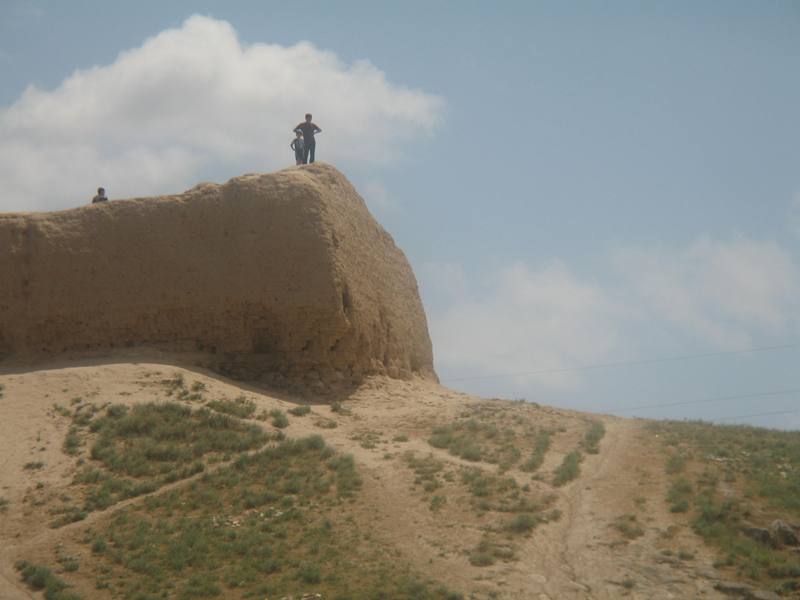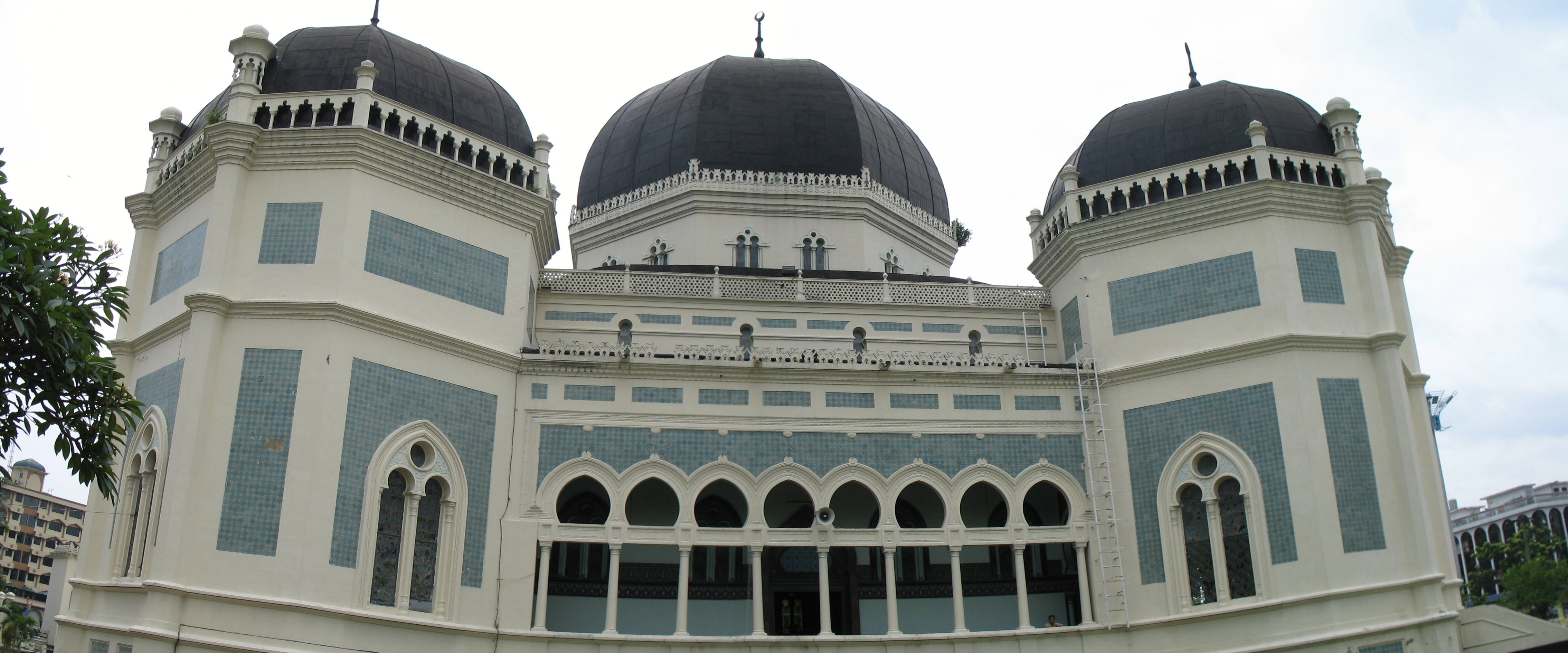Hong Kong: "The Giant, The Peak, The Park"
Posted April 16, 2009 by JanHong Kong
April 16, 2009
Dear Family and Friends,
It's about an hour's ferry ride from Central Ferry Pier to Lantau Island, the largest of all of the Hong Kong islands. The ferry is filled with pilgrims to Tian Tan Buddha.
The impressive Giant Buddha, the world's largest seated outdoor bronze Buddha is 30m (98 ft) tall and weighs 250 tons. To reach the terraces surrounding the Buddha, there's a climb of 260 steps. And the stairs are crowded. Everyone and every group poses for a photo or two. Or three.


